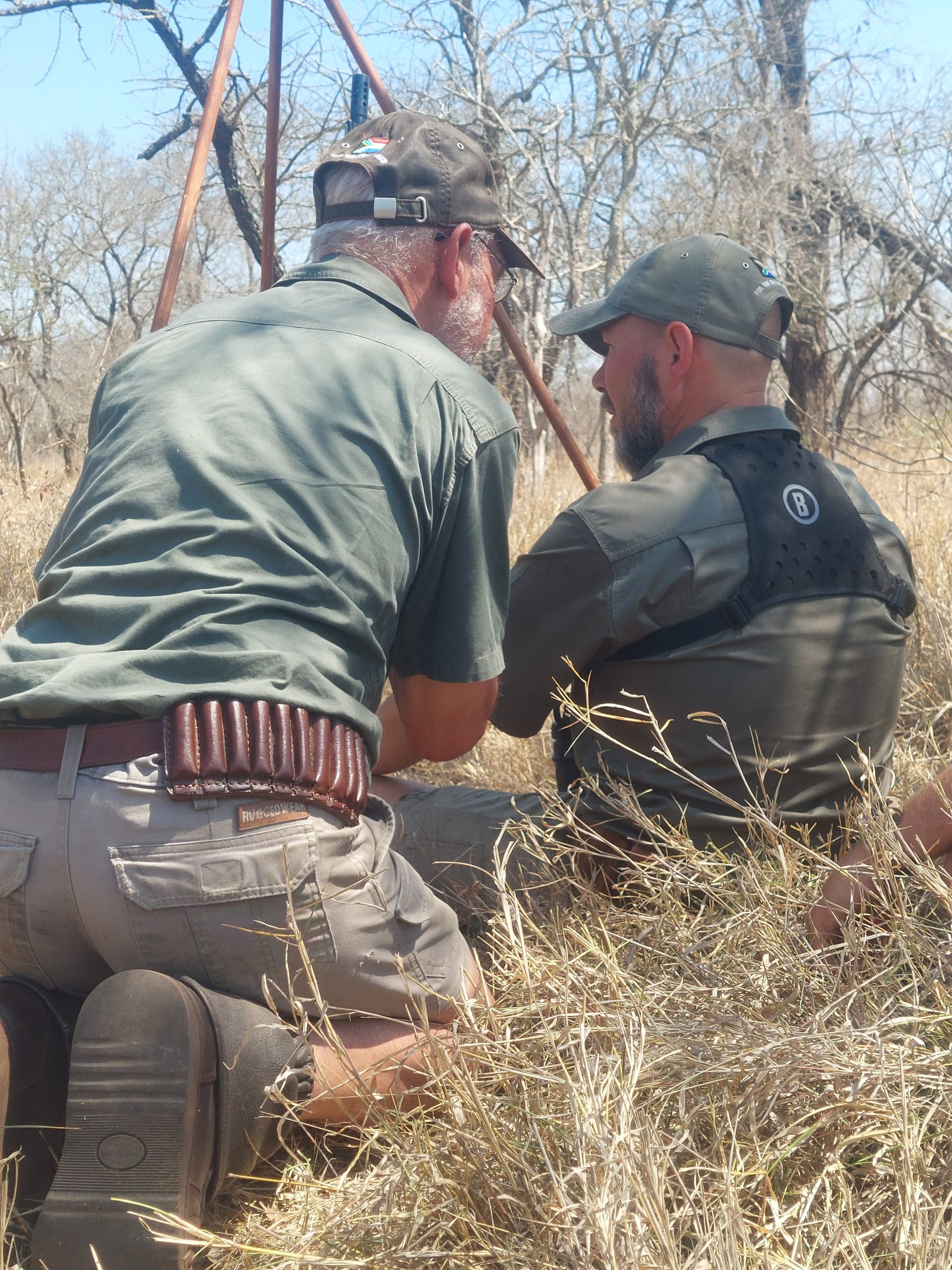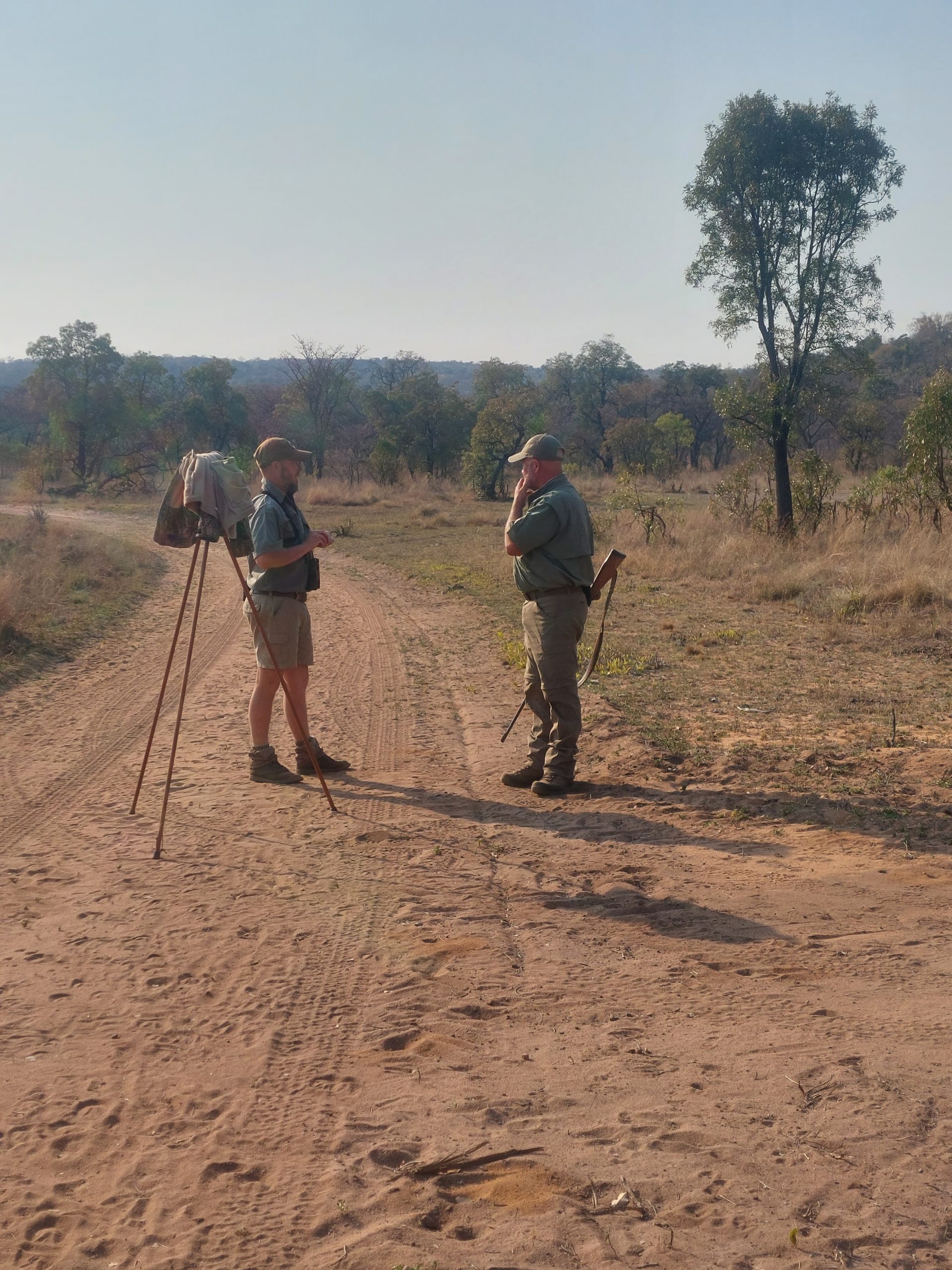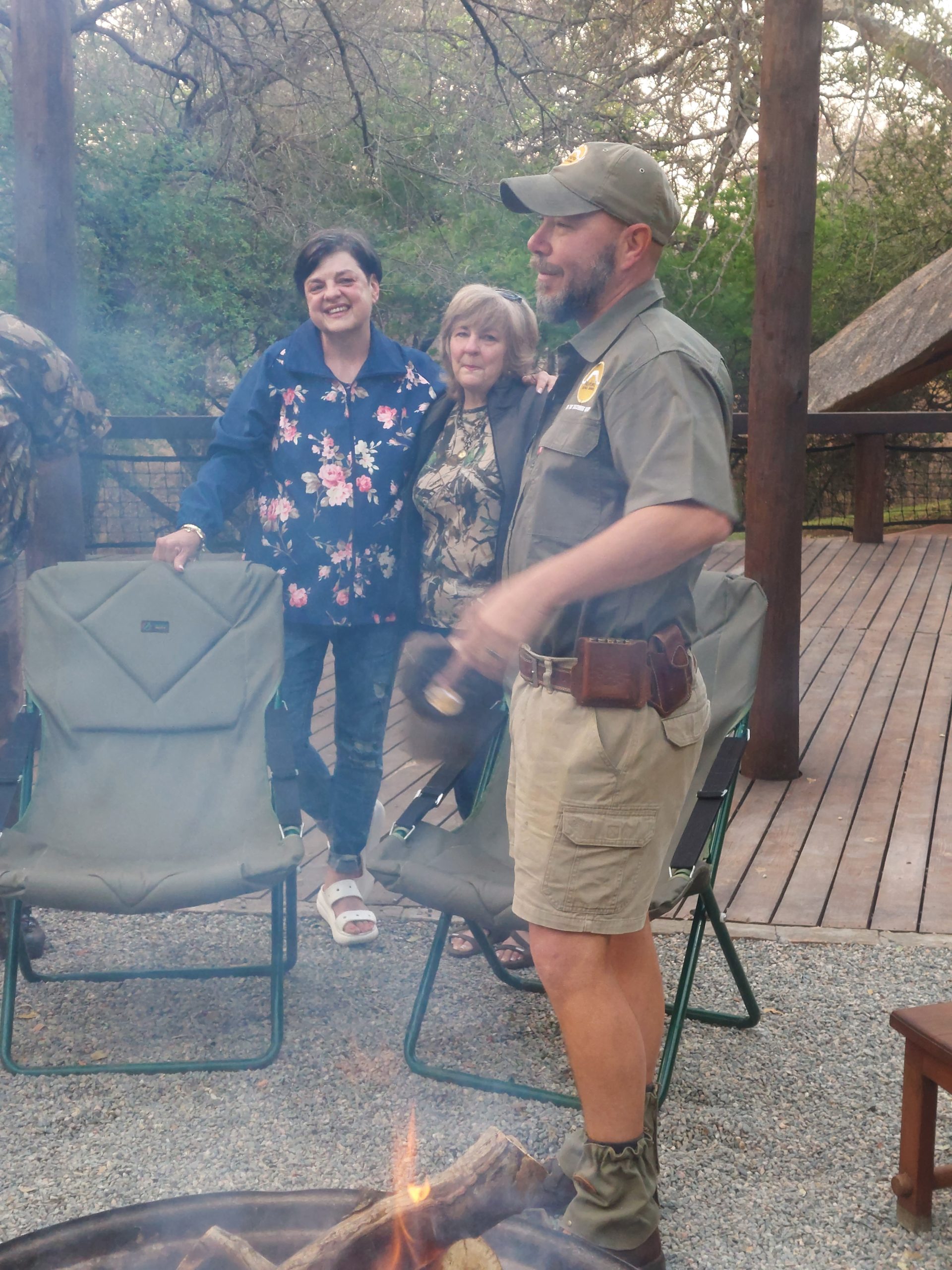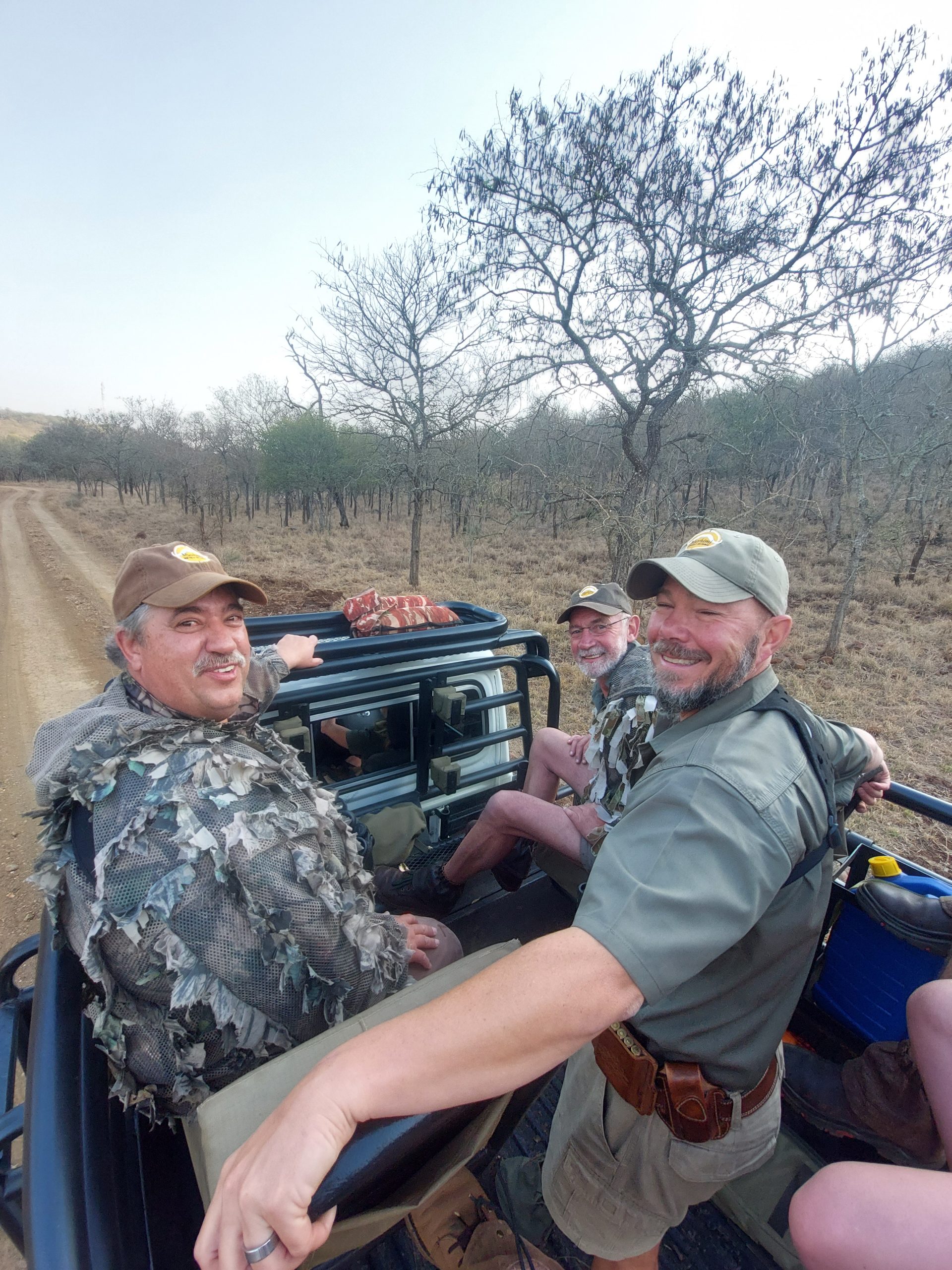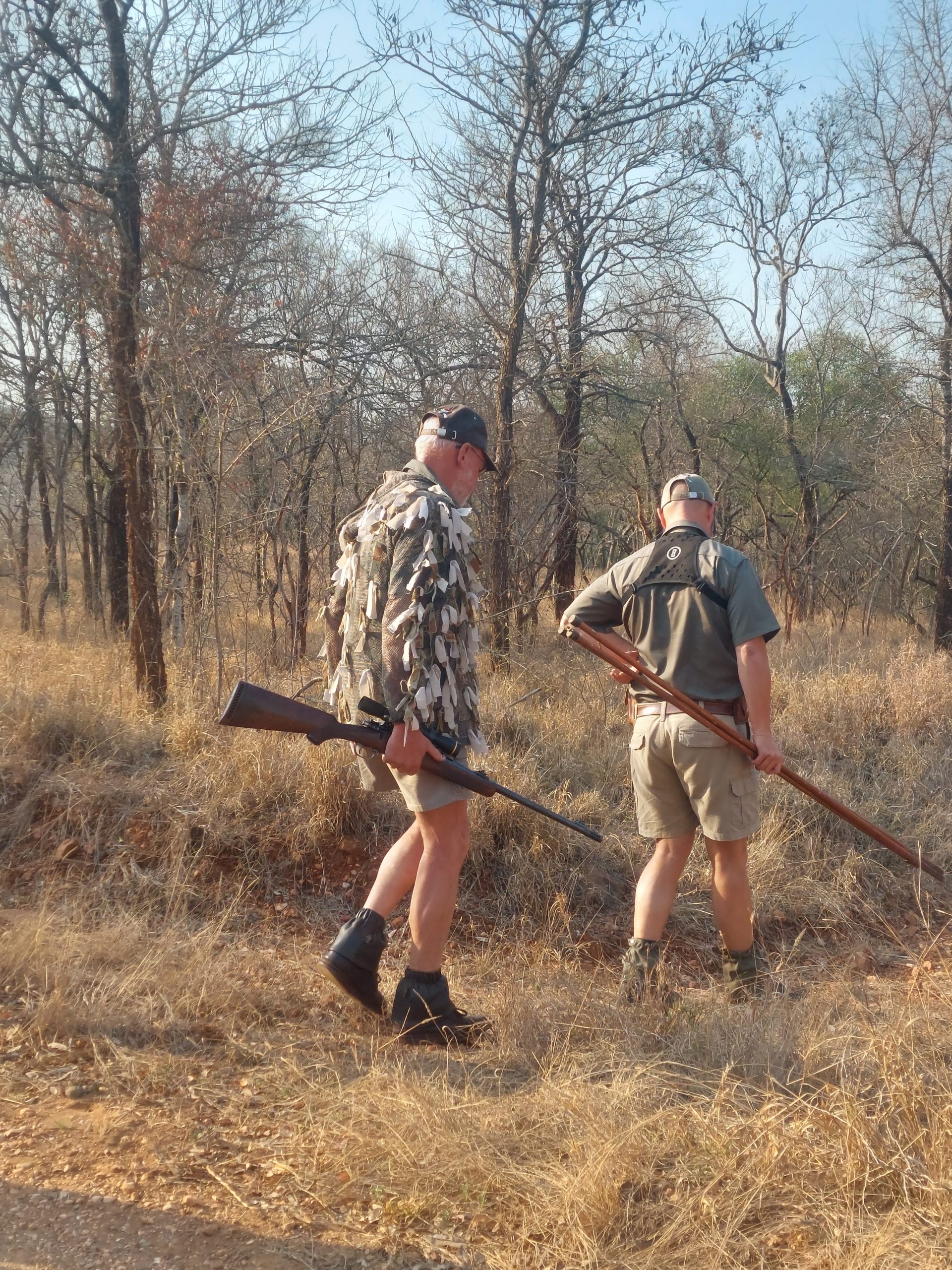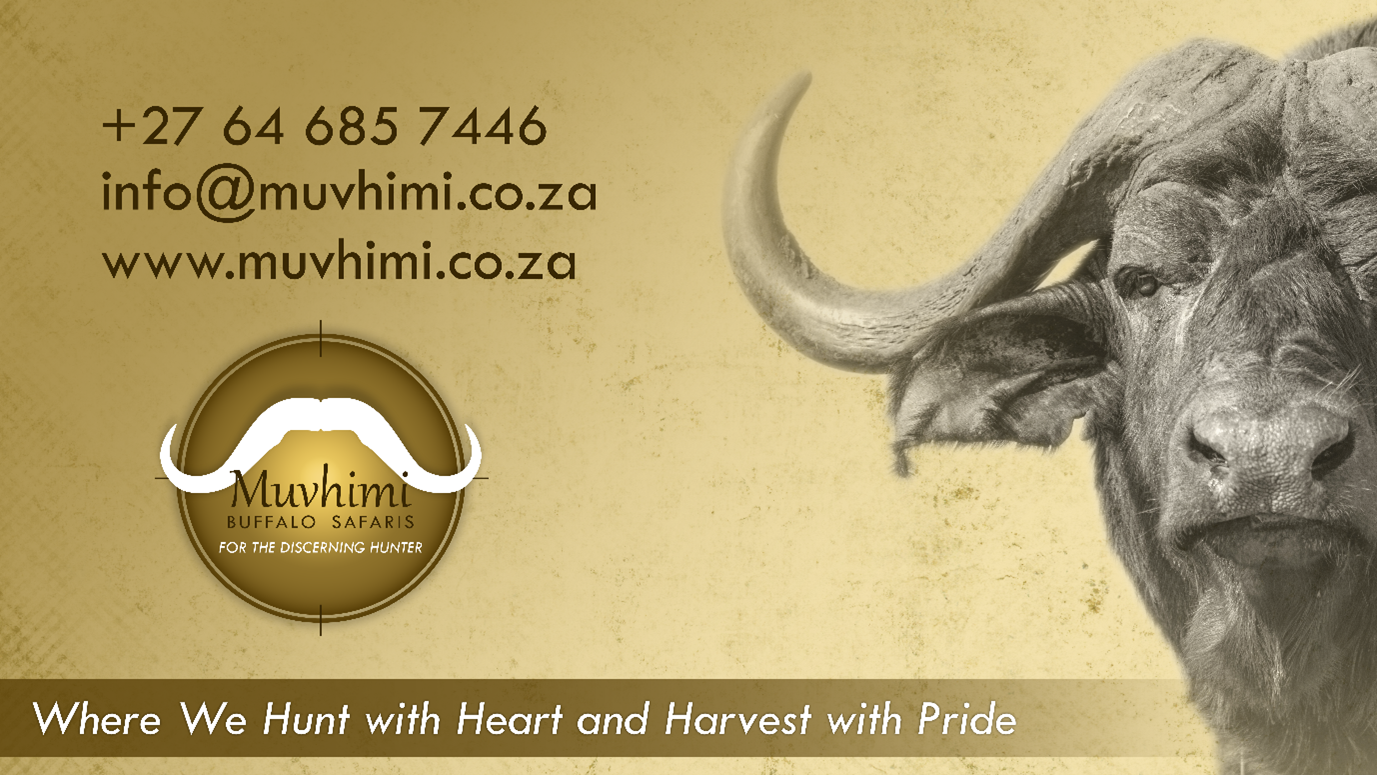“The duties of a Professional Hunter on safari are essentially the same as those of a ship’s captain and with the same responsibilities. He’s everything from the social director to the ship’s surgeon, if needed. He’s the author of the strategy of the hunting plan, but also the tactician as to make each stalk. He keeps the peace among the staff, oversees the food and drink, translates and interprets, sees that the trophies are properly handled and is shooting coach, gunsmith, stand-up comedian and diplomat any time he is called on to be so.” – Peter Hathaway Capstick
American hunter and author, Peter H. Capstick, hit the nail on the head when he wrote this in his book, Safari: The Last Adventure. The role of the professional hunter is indeed a complex one. Even more complex is the relationship between a hunting client and a PH. Quite often, when a client and a PH share a similar personality, hunting style, sense of humour and respect for the animals hunted, a lifelong friendship is formed. When a PH hunts with a client for the first time, he will watch two things very closely. Firstly, how the client handles his or her rifle, and secondly the physical ability of the client. This will determine how the PH will conduct the days to come on the hunt. A hunting experience is planned to meet the needs of the client, which includes assessing the trophy animals on the client’s list, time limits, available hunting area, and type of hunt. The professional hunter must ensure that every business transaction and agreement made with the client regarding the animals which will be hunted, are honoured, whilst adhering to principles of honesty, integrity and sound ethics. This requires in depth knowledge of the hunting law applicable to the province in which the hunt is taking place.


